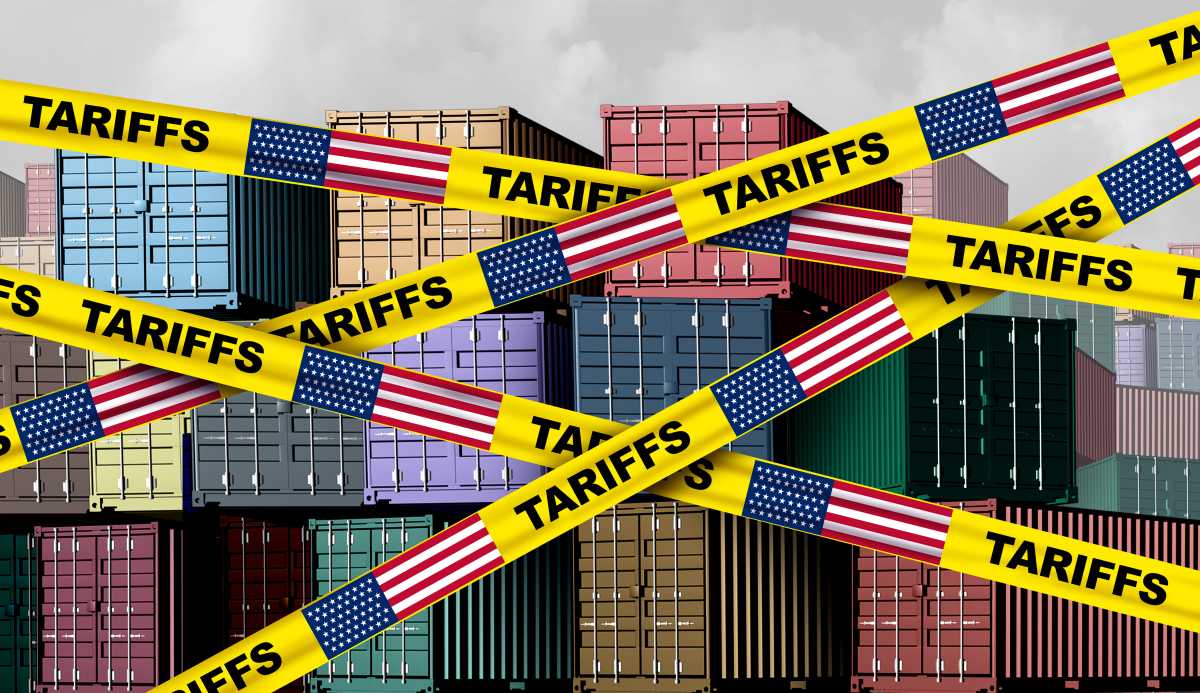A recent study conducted by the umbrella Caribbean Private Sector Organization (CPSO), the World Bank, and regional governments says the bloc will likely suffer nearly $550 million in revenue losses from tariffs imposed by the Trump administration in the coming years.
Completed in time for presentation while many relevant officials were in western Jamaica for this week’s CARICOM leaders summit, the report painted a gloomy picture for several regional economies, including Guyana, Haiti, The Bahamas, and Trinidad.
People like CPSO President Patrick Antoine of Grenada used the opportunity of a forum on the summit’s sidelines to update the region on how negatively the tariffs will affect exports, suggesting that these threaten to upend much of the growth regional industry has made over the decades.
“Trinidad and Tobago will be the hardest hit regarding export losses, followed by The Bahamas, Haiti, Guyana, and other member states. The region’s projected annual loss at the 10 % tariff rate is over half a billion US dollars. That’s not just a headline. That’s real jobs and livelihoods.”
But he argued that some of the projected losses can be amortized “if we can drive down inefficiencies, like the high cost of port delays and logistics, we could actually overcompensate for some of the losses.”
Antoine and his team say they have identified key industries, such as agri and aquaculture exports, seafood, clothing, base metals, and sugar, as among the products that will be most exposed to the new tariff regime.
The study also provided an opening for the region to lobby Washington for sustained export market access for a string of products from the bloc under the decades-old Caribbean Basin Initiative (CBI). Talks with the US Trade Representative are scheduled to begin in the coming weeks. The deadline for submission to negotiators is mid-next week.
“We are calling for a ‘CBI Plus’ framework, one that includes new high-performing products outside the traditional eligibility list.” Preserving entrenched market access is not enough, he told the audience.
So far, Guyana, Jamaica, and Trinidad have increased the number of items exported under the CBI in the past decade. However, the agri sector remains the most vulnerable to any changes in the tariff structure.
“If we’re seeing strong export growth in a sector that is now among the most vulnerable under the new US tariffs, then our priority must be to protect that growth. Not just for Jamaica, but for the entire region,” he noted, suggesting that “this is the first time we’re presenting this level of analysis publicly,” Antoine said, “and the results are sobering. However, they also show us where the opportunities are. If we act quickly and strategically, we can protect the gains we’ve made and position ourselves for much more.”
























